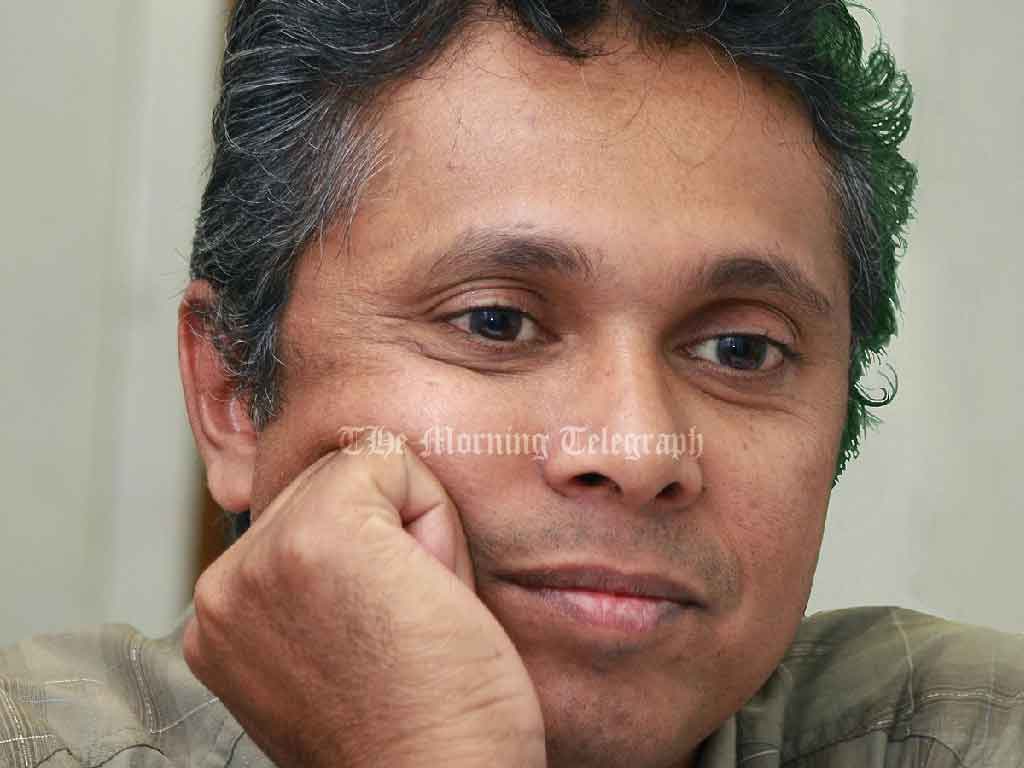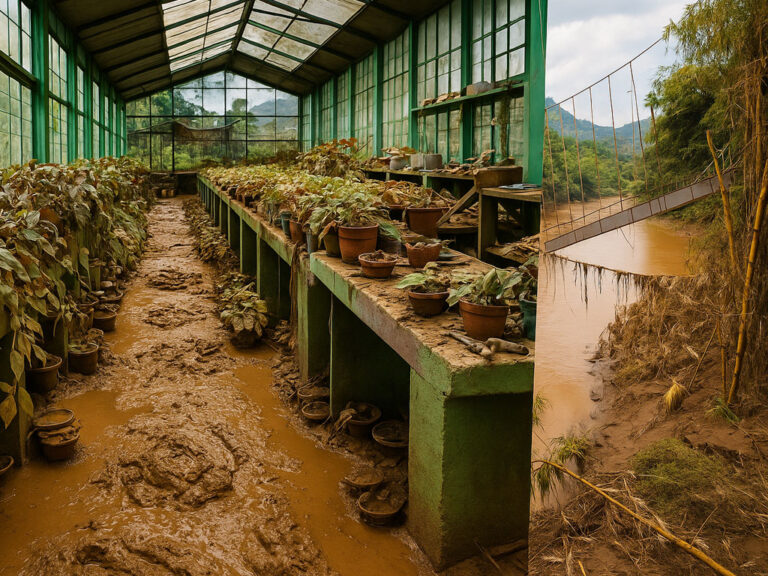
Professor Nirmal Ranjith Devasiri, a political analyst and academic associated with Malima, has criticized the government’s recent actions, particularly the arrest of three social media activists who were promoting the commemoration of Mahaviru Day. He argues that this move reflects the government’s inability to handle dissent and is a step toward eroding its own political legitimacy.
Devasiri pointed out that the arrests highlight the government’s immature approach to addressing challenges, particularly those emerging from social media. He emphasized that such repression not only damages the government’s credibility but also affects those who played a role in bringing it to power. “The government lacks the maturity needed to face these challenges effectively, and its actions will have consequences not just for itself, but for those who supported its rise,” he said.
Addressing the broader issue of controlling information, Devasiri stated that it is a fallacy to believe that arresting individuals can suppress false propaganda. He noted that the current government came to power despite being the target of widespread disinformation, which suggests that the public is not easily deceived. “The people gave immense power to this government even in the midst of false narratives circulating online. Arresting individuals now will not reverse that reality,” he explained.
In a video statement released on an online platform, Devasiri drew parallels between the current government’s tactics and those of the previous Rajapaksa administration. He recalled how similar state repression contributed to the downfall of the Rajapaksa government, which, in his view, enjoyed a more stable and widespread popularity than the current regime. “If a government as popular as the Rajapaksas could fall due to oppressive measures, the current administration should reflect on the dangers of walking down the same path,” he warned.
Devasiri’s remarks underscore a growing concern among political analysts and civil society about the government’s handling of dissent, particularly in the digital space, and its potential long-term impact on democratic governance in Sri Lanka.




